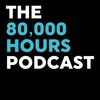

80,000 Hours Podcast
Rob, Luisa, and the 80000 Hours team
Unusually in-depth conversations about the world's most pressing problems and what you can do to solve them.
Subscribe by searching for '80000 Hours' wherever you get podcasts.
Hosted by Rob Wiblin and Luisa Rodriguez.
Subscribe by searching for '80000 Hours' wherever you get podcasts.
Hosted by Rob Wiblin and Luisa Rodriguez.
Episodes
Mentioned books
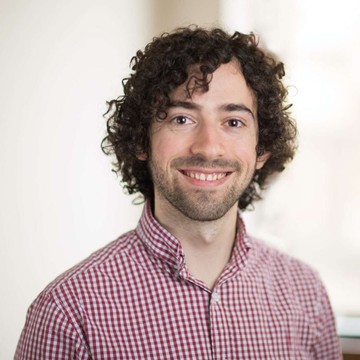
23 snips
Jan 9, 2023 • 2h 37min
#81 Classic episode - Ben Garfinkel on scrutinising classic AI risk arguments
Join Ben Garfinkel, a Research Fellow at Oxford's Future of Humanity Institute, as he dives into the complex world of artificial intelligence risk. Garfinkel argues that classic AI risk narratives may be overstated, calling for more rigorous scrutiny. He challenges perceptions around the governance of AI, emphasizing the importance of ethical frameworks and the potential consequences of misaligned AI objectives. With insights on historical parallels and funding disparities in AI safety, this conversation is a crucial exploration of our AI-driven future.
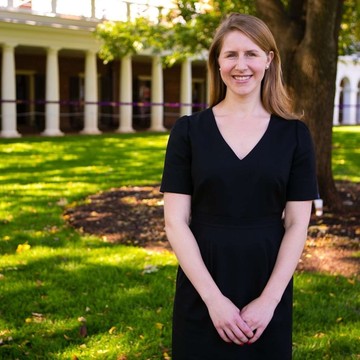
Jan 4, 2023 • 2h 18min
#83 Classic episode - Jennifer Doleac on preventing crime without police and prisons
Jennifer Doleac, an Associate Professor of Economics at Texas A&M, discusses innovative crime prevention strategies that don't rely on police or prisons. She shares how improved street lighting can reduce crime rates by making criminals feel more exposed. Additionally, she delves into the benefits of cognitive behavioral therapy and lead reduction as proactive measures. Jennifer's fascinating insights include using daylight saving time changes as a natural experiment to assess how light levels impact criminal behavior, revealing compelling data on crime patterns.
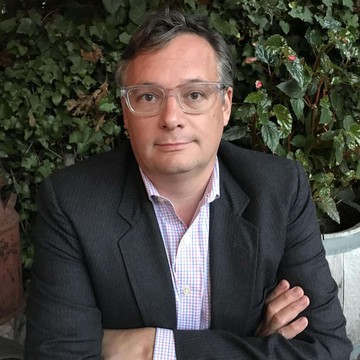
23 snips
Dec 29, 2022 • 2h 40min
#143 – Jeffrey Lewis on the most common misconceptions about nuclear weapons
Jeffrey Lewis, director of the East Asia Nonproliferation Program and founder of the Arms Control Wonk blog, breaks down the myth of 'mutually assured destruction' in nuclear strategy. He explains how U.S. military plans aim for dominance in a nuclear war, criticizing the flawed logic behind this approach. Lewis discusses the complexities of decision-making in nuclear policy, highlighting internal conflicts and the barriers to open dialogue within the nuclear community. He also calls for a reevaluation of strategies, especially regarding China and North Korea.
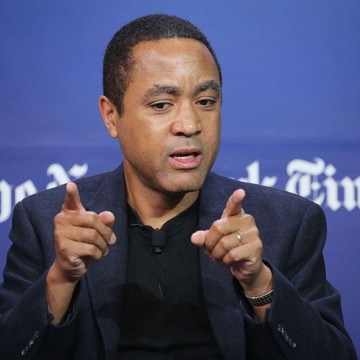
53 snips
Dec 20, 2022 • 1h 48min
#142 – John McWhorter on key lessons from linguistics, the virtue of creoles, and language extinction
In this fascinating conversation, John McWhorter, a Columbia University linguistics professor and prolific author, dives into the intriguing world of language. He shares insights on the cognitive benefits of bilingualism and debunks myths about intelligence. McWhorter discusses the urgency of preserving endangered languages and the dynamics of creole language development. The conversation also explores how AI may reshape language communication and the role of filler words in speech, revealing the complexities behind how we connect through language.
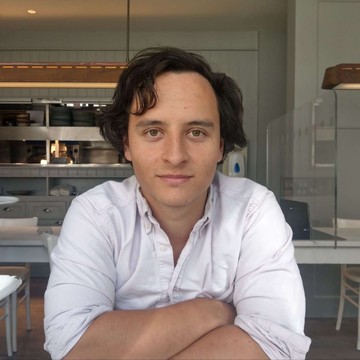
140 snips
Dec 13, 2022 • 2h 44min
#141 – Richard Ngo on large language models, OpenAI, and striving to make the future go well
In this discussion, Richard Ngo, a researcher at OpenAI with a background at DeepMind, explores the fascinating world of large language models like ChatGPT. He delves into whether these models truly 'understand' language or just simulate understanding. Richard emphasizes the importance of aligning AI with human values to mitigate risks as technology advances. He also compares the governance of AI to nuclear weapons, highlighting the need for effective regulations to ensure safety and transparency in AI applications. This conversation sheds light on the profound implications of AI in society.

22 snips
Dec 8, 2022 • 44min
My experience with imposter syndrome — and how to (partly) overcome it (Article)
The speaker shares their personal battle with imposter syndrome, revealing how feelings of inadequacy often overshadow achievements. They discuss transformative therapy and behavioral techniques that aid in overcoming self-limiting beliefs. Cognitive distortions like catastrophizing are explored, highlighting their role in fueling self-doubt. The impact of imposter syndrome on career satisfaction is analyzed through historical and modern examples, while practical strategies are offered to redefine self-worth beyond productivity.

Nov 23, 2022 • 6min
Rob's thoughts on the FTX bankruptcy
Rob discusses the dramatic collapse of FTX, diving into the emotional fallout for those affected. He reflects on the sense of betrayal felt by investors and emphasizes the importance of maintaining faith in contributing to good, despite setbacks. The conversation also touches on the ethics surrounding the pursuit of meaningful work and potential pitfalls of good intentions leading to poor outcomes.
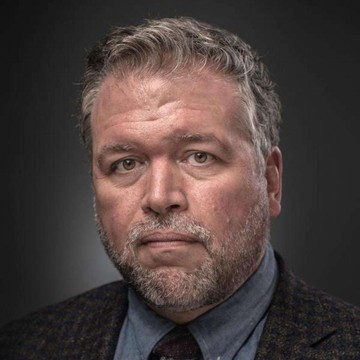
14 snips
Nov 8, 2022 • 2h 47min
#140 – Bear Braumoeller on the case that war isn't in decline
Bear Braumoeller, a computational social scientist and author of *Only the Dead: The Persistence of War in the Modern Age*, argues that war is not in decline, challenging Steven Pinker's popular narrative. He discusses the complexities of modern warfare and the flawed methodologies behind some war data interpretations. The conversation touches on the impact of historical international orders, the dual legacy of the Enlightenment in promoting both reason and conflict, and how geopolitical tensions today could suggest a resurgence in war rather than a decline.
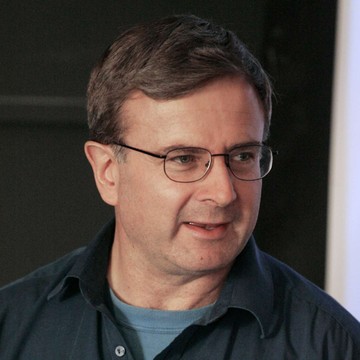
19 snips
Oct 28, 2022 • 3h 38min
#139 – Alan Hájek on puzzles and paradoxes in probability and expected value
In this engaging discussion, Alan Hájek, a philosophy professor at the Australian National University and expert on probability and decision theory, tackles the perplexing St. Petersburg paradox. He explores how traditional calculations of expected value suggest infinite earnings, despite the reality of finite payouts. The conversation dives into heuristics in philosophical inquiry, the complexities of unique events, and critiques of frequentism, challenging listeners to rethink their understanding of probability, decision-making, and moral implications.
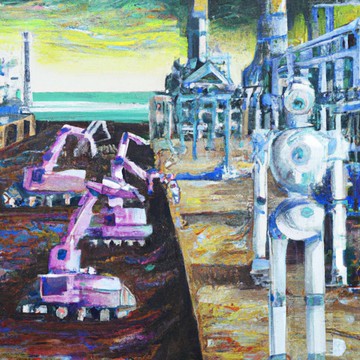
4 snips
Oct 14, 2022 • 2h 24min
Preventing an AI-related catastrophe (Article)
Benjamin Hilton, an expert author focused on AI safety, dives into the pressing issue of preventing AI-related catastrophes. He discusses the dual nature of AI technology, highlighting its potential to solve global challenges while posing existential risks. The conversation navigates the dangers of AI misalignment and the urgent need for safety measures. Hilton emphasizes the unpredictability of advances in AI, advocating for immediate research efforts and career pathways in this vital field, aiming to ensure beneficial integration into society.


